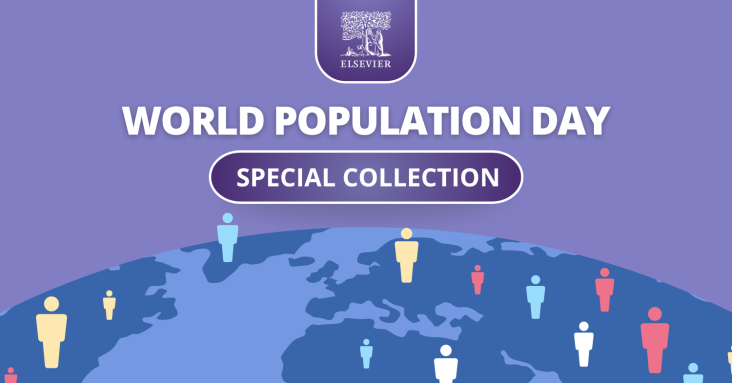This study demonstrates that deep learning models, especially Graph Convolutional Networks can effectively and accurately differentiate healthy individuals from those with mild cognitive impairment and Alzheimer's disease, supporting early diagnosis of cognitive decline.
This chapter supports UN SDG 13 (Climate Action), SDG 14 (Life Below Water), and SDG 3 (Good Health and Well-Being) by examining global trends and complex drivers of harmful algal blooms (HABs), which are influenced by climate variability and environmental changes. By highlighting the need for integrative research to understand and mitigate HAB outbreaks, it contributes to protecting marine ecosystems and reducing health risks associated with algal toxins.
This chapter aligns with UN SDG goals 3 and 11 by positioning plant-based eating as a positive and beneficial choice to shift public attitudes toward more sustainable food consumption.
Microalgae and One Health, Fundamentals, Biocompounds, and Health and Environmental Applications, 2025, Pages 3-15
The article highlights the importance of tailoring interventions to local cultural contexts and engaging with indigenous communities to ensure the feasibility and sustainability of Echinococcus control efforts.

To mark its 20th anniversary, the Elsevier Foundation has released an impact report highlighting its key partnerships and achievements.

Established by the United Nations Development Programme in 1989—and inspired by the global milestone of Five Billion Day on July 11, 1987, World Population Day highlights critical issues relating to population and sustainable development. To raise awareness for this important topic, Elsevier presents a curated list of publicly available journal articles and book chapters to help advance #SDG3 and #SDG5 research.
This content aligns with Goal 3: Good Health and Well-being by pursuing a respectful and reciprocal relationship between Indigenous and Western scientific ways of knowing about human brains and minds.

